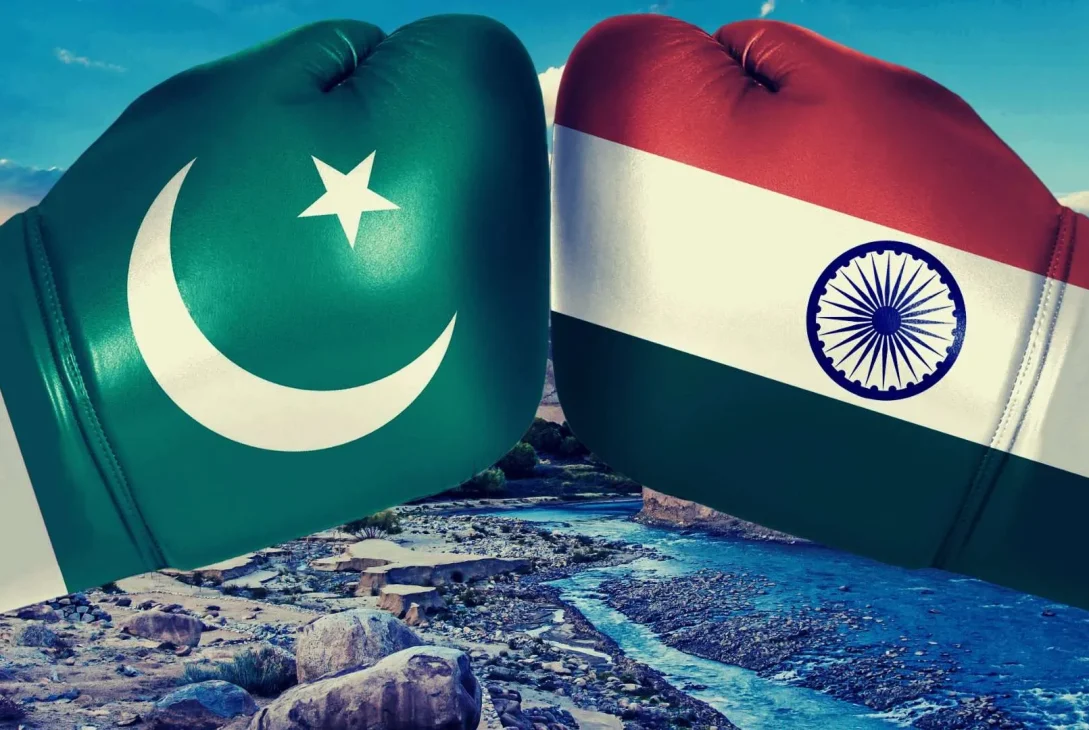India has formally requested a review of the Indus Water Treaty (IWT) with Pakistan, citing significant changes in circumstances since its inception in 1960. This notification was issued on August 30 under Article XII(3) of the treaty, which allows for adjustments in response to unforeseen developments.
Background of the Indus Water Treaty
The IWT was established following nine years of negotiations, with the World Bank acting as a signatory. It outlines the framework for water-sharing between India and Pakistan, focusing on the Indus, Chenab, and Jhelum rivers.
Key Concerns Leading to Review
India has raised several issues that it believes warrant a reassessment of the treaty:
- Demographic Changes: Rapid population growth in both countries has increased demand for water resources, necessitating a review of existing agreements.
- Environmental Challenges: Climate change and environmental degradation have altered water availability, impacting both countries’ water management strategies.
- Clean Energy Needs: India’s focus on hydroelectric projects to meet its clean energy targets has become a contentious point, particularly regarding the Kishanganga and Ratle projects.
- Security Issues: India has highlighted cross-border terrorism as a critical factor influencing its position, asserting that ongoing security threats affect the overall context of the treaty.
Disputes Over Hydro Projects
The Kishanganga and Ratle hydro projects have been particularly contentious. India argues that these projects are essential for its energy security and environmental goals, while Pakistan expresses concerns over their impact on water flow and availability.
Role of the World Bank
In light of the ongoing disputes, the World Bank has activated both the neutral expert mechanism and the Court of Arbitration. However, India has expressed dissatisfaction with this dual approach, arguing that it violates the treaty’s provisions.
India’s Request for Negotiations
In its notice, India has urged Pakistan to engage in government-to-government negotiations to reassess the treaty, as permitted under Article XII(3). India has also called for a re-evaluation of the dispute-resolution mechanisms currently in place.
Conclusion
India’s request for a review of the Indus Water Treaty reflects evolving challenges related to water management, security, and environmental issues. The outcome of these negotiations will be crucial in addressing the needs and concerns of both nations as they navigate this complex bilateral relationship.






















